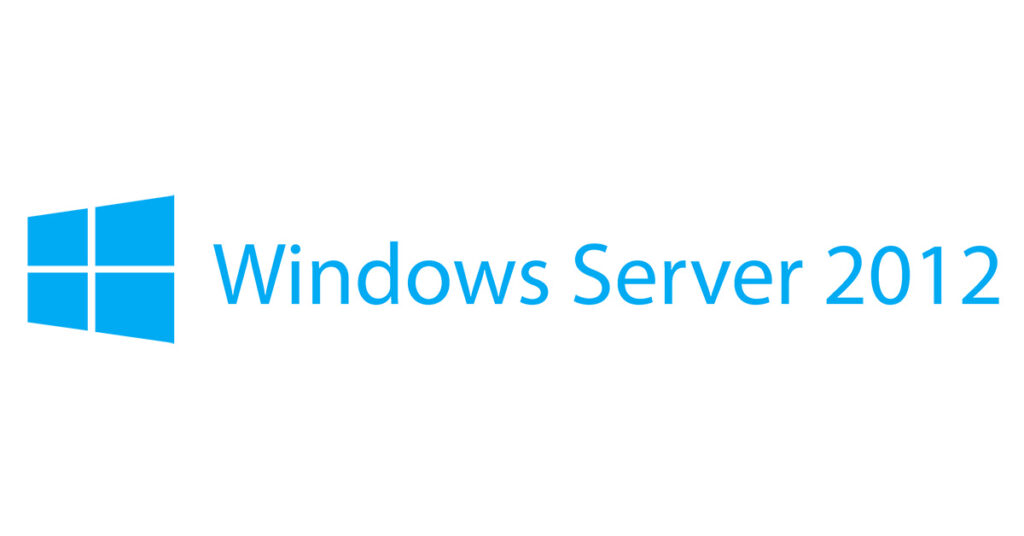Discover the importance of selecting a reliable IT support provider and how it can benefit your business.
Understanding the role of IT support in business
IT support plays a crucial role in the success of modern businesses. It encompasses a wide range of services and solutions that ensure the smooth functioning of a company’s technology infrastructure. From troubleshooting technical issues to implementing new systems, IT support providers are responsible for maintaining the efficiency and security of a business’s IT operations.
In today’s digital age, businesses heavily rely on technology to carry out their day-to-day operations. Any disruption or downtime can result in significant financial losses and damage to a company’s reputation. This is where a trusted IT support provider comes in. They provide proactive maintenance, timely assistance, and expert guidance to ensure that businesses can operate smoothly and efficiently without any major interruptions.
Moreover, IT support providers help businesses stay up to date with the latest technological advancements. They constantly monitor the market for new tools, software, and security measures that can enhance a company’s IT infrastructure. By leveraging their expertise, businesses can optimise their operations, improve productivity, and stay ahead of their competitors.
In summary, IT support is essential for businesses to achieve their goals and maintain a competitive edge in today’s technology-driven world. The role of an IT support provider is to ensure the smooth functioning of a company’s IT systems, prevent and resolve technical issues, and provide guidance on adopting new technologies.
Factors to consider when choosing an IT support provider
Selecting the right IT support provider is critical for the success of your business. Here are some factors to consider when making your decision:
1. Expertise and Experience: Look for a provider that has extensive experience in the IT industry. They should have a team of skilled professionals who are well-versed in the latest technologies and trends. Additionally, consider their track record and client testimonials to gauge their expertise.
2. Services Offered: Assess your business’s specific IT needs and ensure that the provider offers comprehensive services that align with your requirements. They should be able to handle everything from network management and cybersecurity to software installation and data backup.
3. Responsiveness and Availability: IT issues can arise at any time, so it’s crucial to choose a provider that offers round-the-clock support. They should have a dedicated support team that can quickly respond to and resolve any technical issues that may arise.
4. Scalability: As your business grows, your IT requirements will evolve. Make sure the provider can scale their services to accommodate your changing needs. This includes the ability to handle increased workloads, support remote employees, and adapt to new technologies.
5. Cost-effectiveness: Consider the cost of the IT support services and compare them with the value they provide. While it’s important to stay within your budget, prioritise the quality and reliability of the provider over cost alone.
By considering these factors, you can ensure that you choose an IT support provider that meets your business’s unique needs and contributes to its success.
Evaluating the expertise and experience of potential providers
When evaluating potential IT support providers, it’s important to assess their expertise and experience in the industry. Here are some key considerations:
1. Industry Experience: Look for providers that have experience working with businesses similar to yours. They should understand the specific IT challenges and requirements of your industry.
2. Certifications and Partnerships: Check if the provider has relevant certifications and partnerships with reputable technology vendors. This demonstrates their commitment to staying updated with the latest industry standards and technologies.
3. Team Qualifications: Inquire about the qualifications and certifications of the provider’s IT support team. They should have the necessary skills and expertise to handle your business’s IT needs effectively.
4. Client Testimonials: Request references or read online reviews from the provider’s existing clients. This will give you insights into their reputation, customer satisfaction, and the quality of their services.
By thoroughly evaluating the expertise and experience of potential IT support providers, you can choose a reliable partner who can effectively meet your business’s IT requirements.
Assessing the responsiveness and availability of IT support
The responsiveness and availability of IT support are crucial factors to consider when selecting a provider. Here’s why they matter:
1. Timely Issue Resolution: IT problems can significantly impact productivity and disrupt business operations. A provider with quick response times and round-the-clock availability ensures that any technical issues are addressed promptly, minimising downtime.
2. Proactive Support: Look for a provider that offers proactive monitoring and maintenance services. This allows them to identify and resolve potential issues before they escalate, reducing the risk of system failures and data breaches.
3. Effective Communication: Clear and effective communication is key when dealing with IT support. The provider should have good communication channels in place, allowing you to easily reach them and receive updates on the progress of your support requests.
4. Service Level Agreements (SLAs): SLAs define the expected response times and resolution times for different types of IT issues. Review the provider’s SLAs to ensure that they align with your business’s needs and expectations.
By assessing the responsiveness and availability of IT support providers, you can choose a partner who will be there for you whenever you need them, ensuring minimal disruptions to your business operations.
Evaluating the cost-effectiveness and scalability of IT support services
When selecting an IT support provider, it’s important to evaluate the cost-effectiveness and scalability of their services. Here’s why it matters:
1. Cost-effectiveness: Consider the cost of the provider’s services in relation to the value they provide. While it’s important to stay within your budget, prioritise quality and reliability over cost alone. Look for providers that offer transparent pricing models and clearly define the services included in their packages.
2. Scalability: As your business grows, your IT requirements will evolve. Choose a provider that can scale their services to accommodate your changing needs. This includes the ability to handle increased workloads, support remote employees, and adapt to new technologies.
3. Value-added Services: Look for providers that offer additional value-added services, such as cybersecurity assessments, technology consulting, and IT strategy development. These services can help optimise your IT operations and maximise the return on your investment.
4. Contract Terms: Carefully review the contract terms and service-level agreements (SLAs) provided by the IT support provider. Ensure that they align with your business’s needs and expectations, including factors such as contract duration, termination clauses, and performance guarantees.
By evaluating the cost-effectiveness and scalability of IT support services, you can choose a provider that offers the right balance of affordability, quality, and flexibility to support your business’s growth and success.



